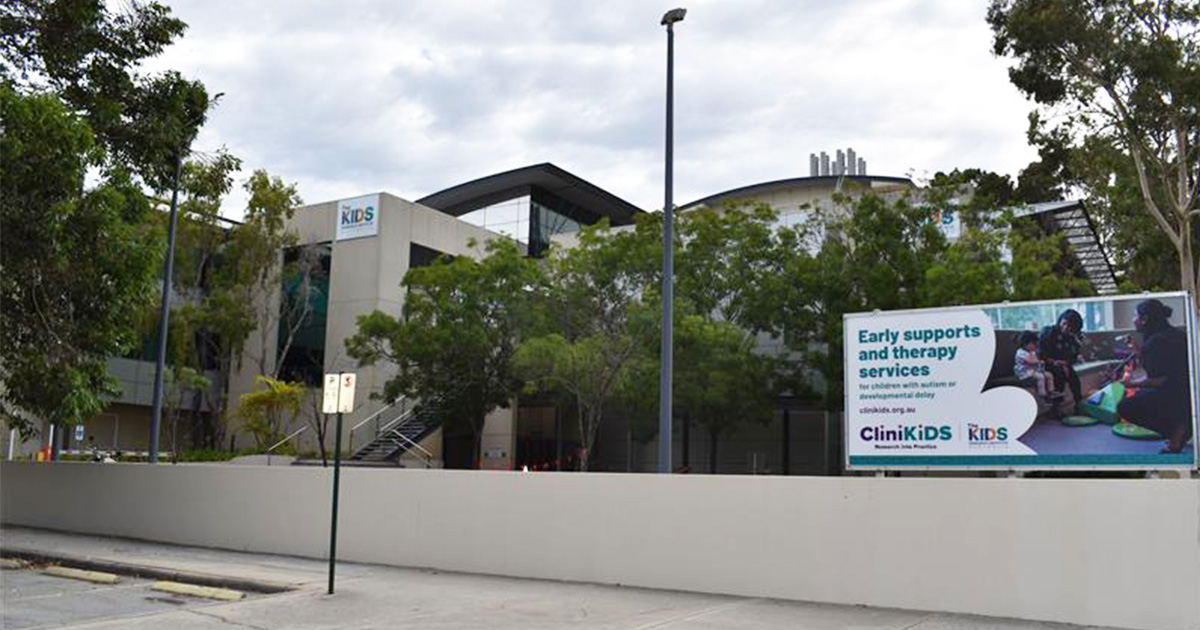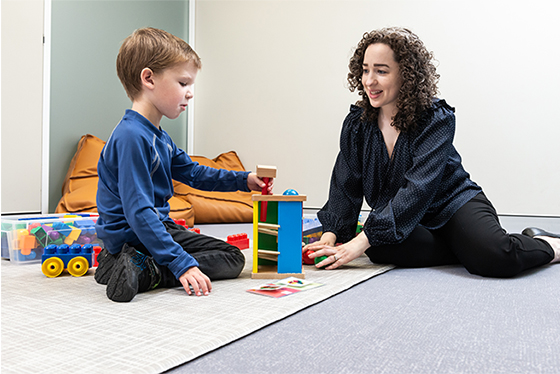Search







Our locations
CliniKids has clinics in Subiaco and in Joondalup
Paediatric Occupational Therapy
Find out more about Paediatric Occupational Therapy services at CliniKids.

Cognitive Orientation to daily Occupational Performance
The CO-OP approach guides children to independently discover and develop cognitive strategies to perform the necessary tasks of everyday living.

Early Start Denver Model
The ESDM aims to promote a child’s development across all domains, including language, joint attention, imitation, cognition, play and social skills, and fine and gross motor skills.
